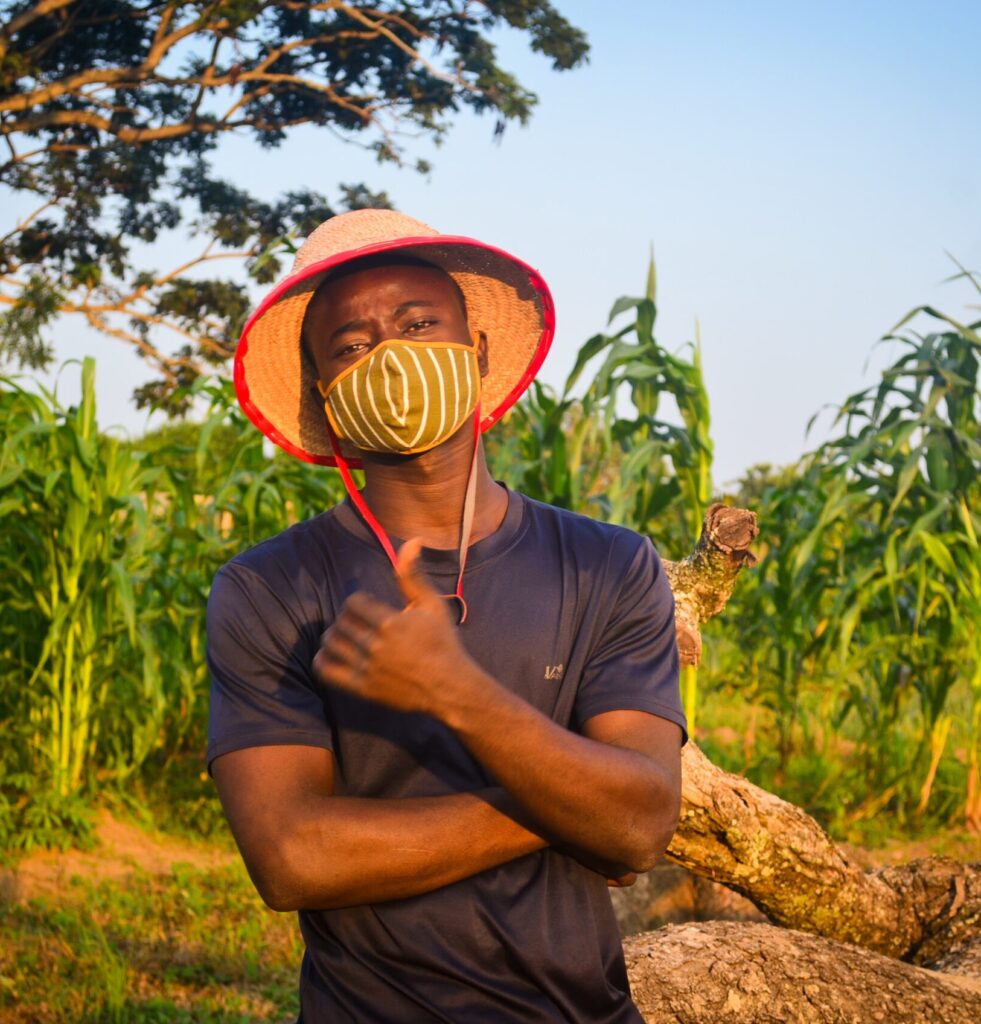
In the heart of Kinshasa, where bustling streets meet the Congo River, a transformative movement is underway. As the city grapples with rapid urbanization, food security challenges, and environmental concerns, a visionary approach emerges—one that reconnects Kinshasa’s residents with the land and nourishes both body and soul.
The Urban Farming Renaissance
Green Belts Within Reach
Kinshasa’s urban sprawl need not be an obstacle to food production; instead, it can be an opportunity. Imagine vibrant green belts encircling the city, where crops flourish alongside neighborhoods. These urban farms—integrated into parks, rooftops, and vacant lots—yield fresh fruits, vegetables, and herbs. Kinshasa’s residents, once distant from the agricultural process, now actively participate in growing their sustenance.
Brown Fields, Green Harvests
Abandoned industrial sites, known as “brown fields,” hold untapped potential. By repurposing these neglected spaces, we create urban oases of productivity. Rooftop gardens, hydroponic systems, and vertical farms emerge, utilizing innovative techniques to maximize yield. Kinshasa’s skyline transforms as buildings sprout greenery, their rooftops teeming with life.
The Impact
Nutritious Food for All
Urban agriculture bridges the gap between rural and urban communities. Kinshasa’s markets overflow with locally grown produce—crisp lettuce, juicy tomatoes, and fragrant herbs. Families access nutritious food without relying solely on imports. Malnutrition rates decline, and health improves.
Economic Empowerment
Small-scale farmers, entrepreneurs, and cooperatives thrive. Kinshasa becomes a hub for agribusiness, creating jobs and stimulating the economy. From farm-to-table restaurants to community-supported agriculture, the city embraces a sustainable food ecosystem.
Environmental Resilience
Urban farms absorb carbon dioxide, mitigate heat, and enhance biodiversity. Kinshasa’s air quality improves, and green spaces provide solace amid the urban hustle. Rainwater harvesting and composting systems further reduce the city’s ecological footprint.
The Call to Action
Collaboration and Policy Reform
Kinshasa’s leaders, urban planners, and citizens unite. Zoning regulations evolve to accommodate urban agriculture. Community gardens sprout in schools, hospitals, and public spaces. NGOs collaborate with local farmers, sharing knowledge and resources.
Education and Awareness
Kinshasa’s youth learn about soil health, crop rotation, and sustainable practices. Educational campaigns celebrate urban farming heroes—the rooftop gardeners, seed savers, and compost enthusiasts. Kinshasa embraces its agrarian roots anew.
